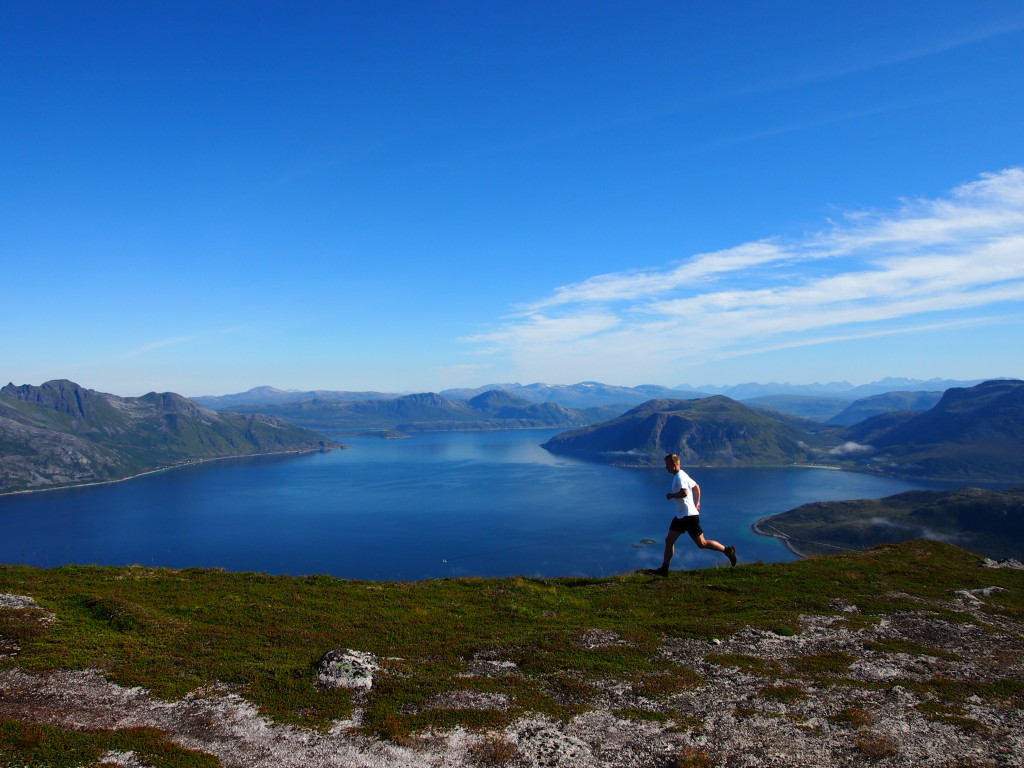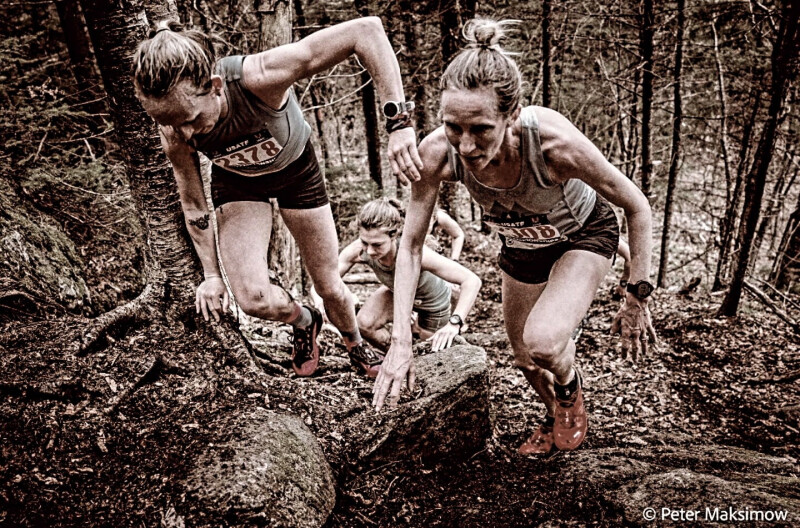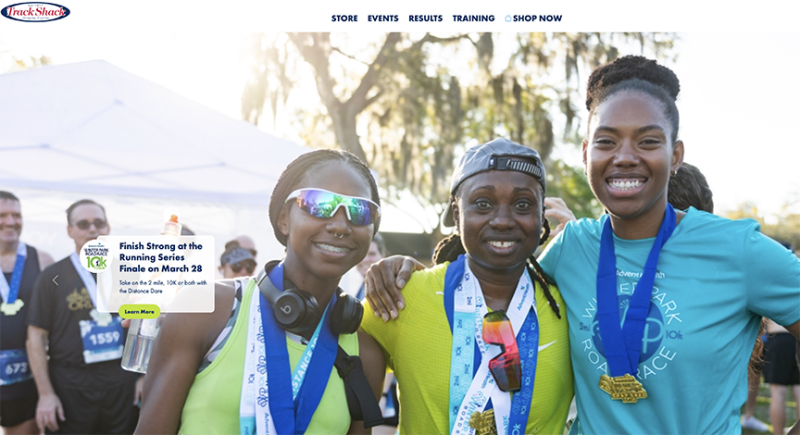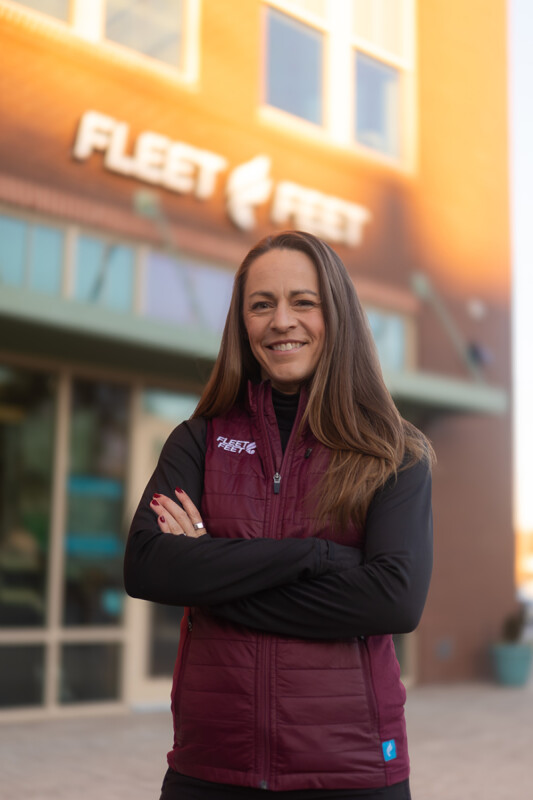Let’s get right down to it. What running shoes should I buy?
Buying running shoes is complex and whenever someone asks me “what shoes should I buy” or “what are the best shoes” I tell them to go to a run specialty store because that’s where you’d get the best advice. I know how demotivating it is to get an injury and I sincerely do not want people to just go online and buy a pair of shoes.
What has 2020 been like for you personally, and for Runrepeat as a business?
Personally, I became a father for the first time. In the middle of the pandemic. It was hectic. Our little son had a challenging start with two weeks at the hospital, but fortunately we were in good hands and everything is good and normal now. While everyone was panicking, it was amazing to see the operations of the hospital and what they could do to help us.
Good to hear things are better. How has business been during all of that?
Business-wise, it has been the most turbulent year I’ve ever experienced and yet I feel that I cannot complain when I compare to what others have experienced. It happened in three phases. First everyone panicked, and no one was thinking about buying running shoes. It was rough. Then, things settled and at the same time running stores shut down, so a lot of runners went online. We doubled our business with no extra costs. Business-wise, I was personally happy, but my feeling about it wasn’t good as I knew it was an unfair battleground and I felt sorry for all who couldn’t have their shops open.
How did Runrepeat.com fare through it all?
We had some internal challenges and lost some rankings in Google. It means that we’re basically down by 50 percent right now compared to pre-COVID. I feel like it’s so unfair. Macroeconomics is favoring a service as ours now, yet we ourselves haven’t been good enough and are therefore not performing well. Most often, people would complain about external factors, but in our case the external factors are in our favor yet we’re still highly underperforming. It’s 100 percent of our own fault.
How have you been able to adapt?
I personally had a trail run that I was looking much forward to which didn’t turn out as I had hoped. To be honest, I have not adapted at all. Many do virtual races, but it’s just not the same. Also, fairs and knowledge sharing have decreased dramatically, which hurts us a lot.
How do you think the overall running business has adapted?
It has adopted badly because of the circumstances. If you are a race organizer, there’s not much you can do, and so how should you adapt? Or if you have a running store, others would say that the right thing could be to focus more on online, but is it really? If you’re good at giving your customers that personalized experience, is it then really the right thing for you to go online and to compete with the established players in this market? I don’t think so.
What are some of the good trends you have seen coming out of this situation?
If I should say something positive, it is that the community is there and the desire to participate in races and to shop local is there. And once this is over, people will come back. I personally have no doubt about that. It’s not that everyone will suddenly only shop online.
What trends that began in the COVID-19 environment do you see continuing as the running world returns to a next normal?
Naturally, some that previously shopped locally will have had good experiences buying online and might be keener on buying online in the future. Another aspect would be where to get knowledge about shoes. Some that previously learned about new releases in-store might learn about it online. That being said, I don’t think that this will be so significant that running specialty stores will have to shut down. We’re talking a few percent here and there, but it will accelerate things.
How do you spend your days as we begin to emerge from a pandemic-mandated lockdown?
As RunRepeat.com is 100 percent online, and we have no office and everyone is working remotely, there hasn’t been any significant work changes for us. We were fortunate that we didn’t have to adapt the same way as many others had to.
Do you have any advice to the running business – and our run specialty retail readers – on how to survive in this business and social environment?
I’m not the right person to ask here, I would say. I think that the store owners themselves and the community around them can answer that better than what I can. But I would focus on giving what online cannot. If specialty stores try and compete on the home pitch of online, they will fail. It means that competing on price and product assortment is not where specialty stores have an edge. Online would win any time.
How so?
On RunRepeat we have 1000 unique running shoe models, most in many colorways. Some of the popular models, we have in 50-plus colorways. A local store cannot, and should not, compete with that. It’s the service, the guidance, the human touch that will win customers.
Finally, what do you think happens next for the racing and running businesses?
It’s harsh to say, but many will discontinue their races, especially races from the larger organizations as they’re driven by the business side of things. I believe that the small races will continue once we’re back on track because they’re driven by community and experiences and not by dollars. The grassroots will make it through this. The passionate ones will make it.
Jens Jakob Andersen is founder of RunRepeat.com, a database with all sorts of information on running shoes. The goal of the site is to have one source of information where runners can find any running shoe — not just the most popular ones. These days Andersen is working on the first phase of building a running shoe laboratory to independently test running shoes for mechanical features.




.jpg.medium.800x800.jpg)

